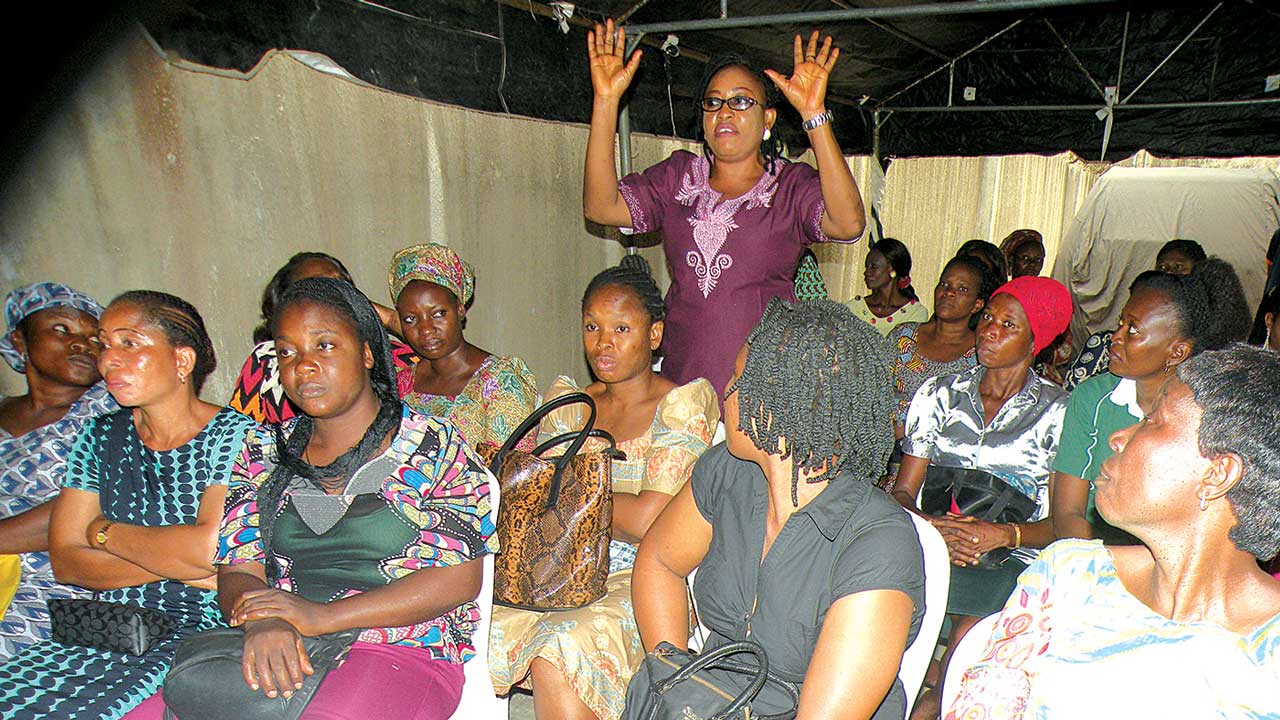 A recent study conducted by researchers from Kwara State University and the University of Ilorin has sparked a significant conversation about the teaching methods employed in Nigerian schools, particularly in the subject of mathematics.
A recent study conducted by researchers from Kwara State University and the University of Ilorin has sparked a significant conversation about the teaching methods employed in Nigerian schools, particularly in the subject of mathematics.
The study – “Exploration of the Effect of Scaffolding Instructional Strategy on Pupils’ Academic Performance in Mathematics” found that using a scaffolding approach, which builds on pupils’ existing knowledge and skills progressively, significantly enhances students’ performance in mathematics.
Led by K. E. Obafemi along with colleagues U. T. Saadu, O. Yahaya, T. O. Obafemi, and Francis . M. Yakubu, the research involved 117 pupils from two private primary schools in the Ilorin West Local Government Area.
They study guides for both scaffolding and conventional teaching methods. The results showed a clear improvement in pupils’ math performance when teachers used the scaffolding strategy, regardless of the students’ gender.
This study adds to a growing body of research suggesting that traditional lecture-based teaching methods might not be the most effective way to teach subjects like mathematics and physical health education in Nigeria.
Principal Amina Lawal of Bright Future Academy in Lagos commented, “The findings from Obafemi and his team are compelling.
We’ve observed similar challenges with math performance here, and it’s clear that interactive and supportive teaching strategies like scaffolding could make a substantial difference.”
Similarly, Principal James Okoro of Heritage School in Abuja stated, “We need to embrace these evidence-based teaching methods. The traditional approach of rote learning and passive listening is not sufficient to meet the needs of our students. Innovations in teaching strategies are not just beneficial but necessary for fostering a better learning environment.”
These insights are critical as Nigeria continues to navigate the challenges of educational reform and seek ways to improve student engagement and understanding in core subjects.
The call for training teachers in these newer, more effective instructional strategies is becoming louder, with educators and researchers alike pushing for changes that would see practical, student-centered teaching methods become the norm rather than the exception.
With these studies shining a light on the potential improvements in academic performance through alternative teaching methods, the conversation about educational strategies in Nigeria is likely to continue, with the hope of implementing more dynamic and effective approaches in classrooms across the country.






